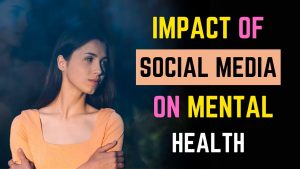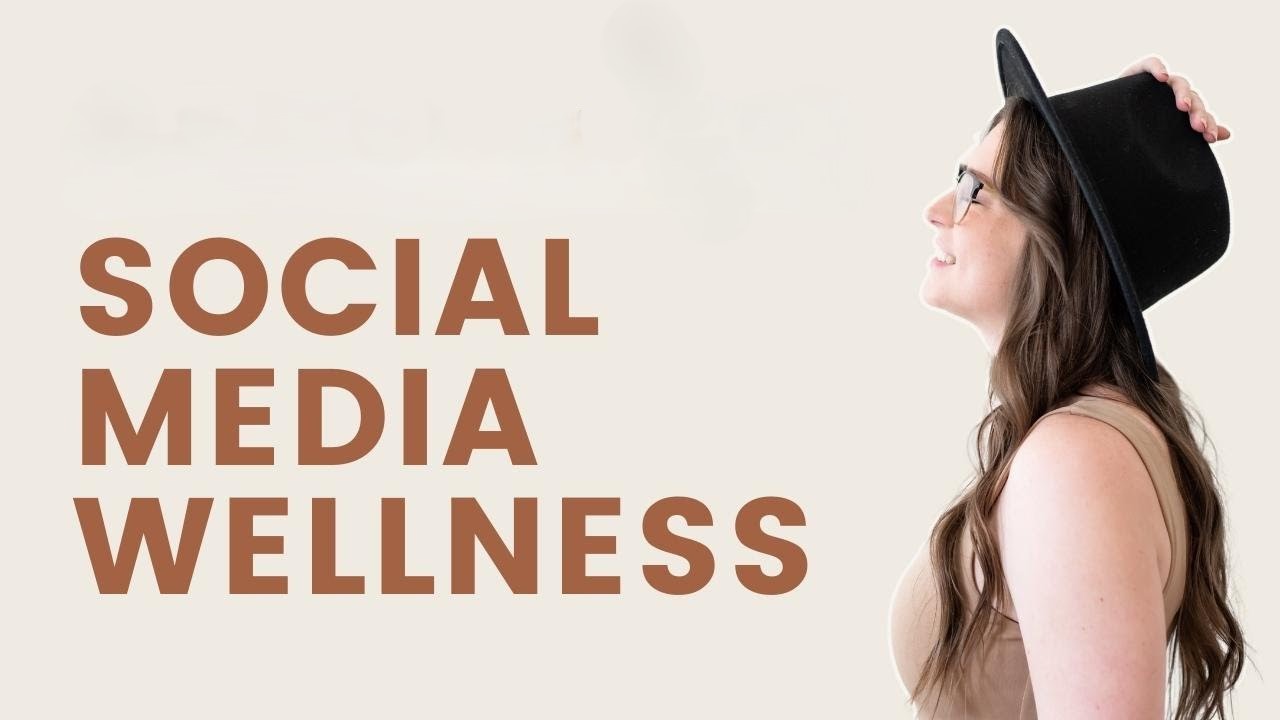Introduction
Social media is a big part of our lives today. It helps us stay in touch with others and keep up with trends. But with the constant flow of information and pressure to stay connected, it can also affect our mental and emotional health. That’s where social media wellness comes in. Setting healthy boundaries is key to protecting your mental health and maintaining a balanced life in the digital world. In this article, we’ll look at how you can take control of your social media habits, set boundaries, and protect your well-being.
What is Social Media Wellness?

Social media wellness is about having a healthy relationship with social media. It means using it in a way that supports your mental health, emotional well-being, and overall happiness. While social media has many benefits, it’s important to use it carefully to avoid negative effects like stress, anxiety, or feeling inadequate. Social media wellness involves setting boundaries, being mindful, and being intentional with how you engage online.
The Importance of Setting Boundaries in a Digital World

Setting boundaries on social media is crucial in today’s fast-paced, always-connected world. Without clear limits, it’s easy to feel overwhelmed or burned out. Social media can quickly become addictive, and the constant stream of information can lead to stress and anxiety. Setting boundaries helps create a balance between staying connected and protecting your mental health.
Why Boundaries Matter
- Preventing Information Overload: The endless stream of news, notifications, and messages can overwhelm our minds. Setting boundaries helps us filter out distractions and focus on what’s truly important.
- Reducing Anxiety: Social media can cause feelings of comparison and inadequacy. By limiting our exposure to certain platforms or topics, we can protect ourselves from these negative emotions.
- Improved Relationships: Constantly checking social media can take time away from real-life relationships. Setting clear boundaries helps us maintain meaningful connections with friends and family.
How to Build a Healthy Relationship with Social Media

Building a healthy relationship with social media involves balancing your online life with real-world experiences. Here are some steps to foster a positive connection with social media:
- Be Intentional with Your Use: Before you open an app, ask yourself why you’re using it. Are you scrolling mindlessly, or do you have a purpose? Being intentional about your social media use can help you avoid wasting time and feeling stressed.
- Focus on Positive Content: Follow accounts that promote positivity, inspiration, and wellness. Surrounding yourself with content that lifts your spirits will make your social media experience more enjoyable.
- Set Realistic Expectations: Social media can create unrealistic standards, from body image to success. Remember that what you see online is often curated and doesn’t reflect the full picture. Set realistic expectations for yourself and others.
- Engage Mindfully: When you engage with posts, do so mindfully. Avoid reacting impulsively to content that may trigger negative emotions. Practice kindness, and take a moment to think before commenting or sharing.
Tips for Setting Healthy Boundaries on Social Media

Now that we understand the importance of social media wellness, here are some practical tips for setting boundaries:
- Limit Screen Time: Set a daily limit on how much time you spend on social media. Many apps have features that let you track and limit screen time. Try setting a timer to avoid endless scrolling.
- Unfollow Negative Content: If certain accounts or topics make you feel bad, unfollow or mute them. You don’t need to expose yourself to negativity. Follow accounts that inspire and uplift you instead.
- Designate Social Media-Free Zones: Choose specific times or places where you won’t use social media. For example, avoid checking your phone during meals or before bed. This helps create a healthy balance between your online and offline life.
- Turn Off Notifications: Constant notifications can create stress and pressure. Turn off non-essential notifications to take back control over your time and mental space.
- Take Digital Detoxes: Occasionally take breaks from social media to reconnect with yourself and the world around you. Whether it’s for a few hours or a few days, a digital detox can refresh your mind and prevent burnout.
The Impact of Social Media on Mental Health

The impact of social media on mental health can be both positive and negative. On the one hand, social media can connect people from all over the world and provide support through online communities. However, the constant exposure to others’ curated lives can lead to feelings of loneliness, inadequacy, and even depression. Social media platforms are designed to keep you engaged, but this can have a detrimental effect on your mental wellness if not used with intention.
The Future of Social Media Wellness

As social media grows, wellness will become even more important. More people are realizing how social media can affect mental health, which will increase the demand for tools to manage online habits. In the future, platforms may offer features to help set boundaries, like limiting screen time or blocking negative content. The focus will be on creating healthier online experiences. This could include options to take breaks, mute harmful content, or focus on positive posts. As technology improves, the future of social media wellness will aim to ensure it supports, rather than harms, our well-being.
Comparative Table: Social Media Platforms
| Platform | Purpose | Potential Impact on Wellness | Boundaries You Can Set |
|---|---|---|---|
| Visual content sharing | Can cause comparison, low self-esteem | Limit screen time, unfollow negative accounts | |
| Networking and social interaction | Can cause stress from constant updates | Adjust notification settings, take breaks from scrolling | |
| Short updates and news sharing | Can cause anxiety from news overload | Mute keywords, unfollow negative news sources | |
| TikTok | Entertainment and viral content | Can be addictive, lead to negative comparisons | Set daily screen time limits, focus on positive content |
Conclusion
In today’s digital age, it’s more important than ever to set healthy boundaries on social media to protect our wellness. By limiting screen time, unfollowing negative content, and taking breaks, we can enjoy the benefits of social media without sacrificing our mental health. Remember, social media is a tool, and like any tool, it should be used with intention and mindfulness. Prioritize your wellness and take control of your digital life today.




